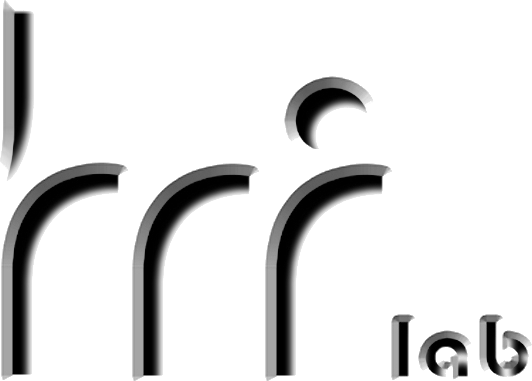"Open world" environments are those in which novel objects, agents, events, and more can appear and contradict previous understandings of the environment. This runs counter to the "closed world" assumption used in most AI research, where the environment is assumed to be fully understood and unchanging. This paper presents a novel cognitive architecture framework to handle open-world novelties combining symbolic planning, counterfactual reasoning, reinforcement learning, and deep computer vision to detect and accommodate novelties. Both the framework components and the entire system are evaluated in Minecraft-like simulated environments. Our results indicate that agents are able to efficiently complete tasks while accommodating "concealed novelties" not shared with the architecture development team.
@article{goeletal24aij,
title={A neurosymbolic cognitive architecture framework for handling novelties in open worlds},
author={Shivam Goel and Panagiotis Lymperopoulos and Ravenna Thielstrom and Evan Krause and Patrick Feeney and Pierrick Lorang and Sarah Schneider and Yichen Wei and Eric Kildebeck and Stephen Goss and Michael C. Hughes and Liping Liu and Jivko Sinapov and Matthias Scheutz},
year={2024},
journal={Artificial Intelligence},
volume={331},
pages={104111}
url={https://hrilab.tufts.edu/publications/goeletal24aij.pdf}
doi={https://doi.org/10.1016/j.artint.2024.104111}
}
